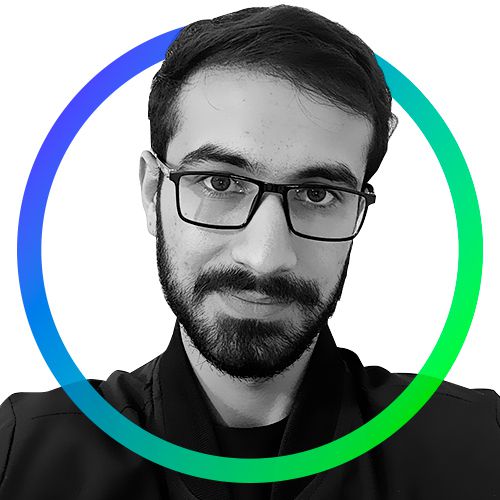The Solana Foundation and Solana Ventures have committed $100 million to non-fungible token (NFT), gaming, and decentralized finance (DeFi) projects on the network in order to assist with the continued growth of Terra (LUNA) projects following its collapse.
Solana (SOL) has announced a $100 million investment in South Korea as it tries to break into a developer market still reeling from last month’s Terra ecosystem collapse. The Solana blockchain’s key players, Solana Ventures and the Solana Foundation have formed a $100 million fund to assist solidify the project’s aim of creating a suitable blockchain for gaming. Last November, Solana Ventures launched a similar $100 million gaming fund with cryptocurrency exchange FTX and Lightspeed Ventures.
However, as per the press release, their emphasis will be on courting South Korea’s crypto games development sector. According to Johnny B. Lee of the Solana Foundation, It’d also back platforms based on Terra, which was stranded after the blockchain crash.
Solana enters the race to South Korea’s $1.6b web3 market
South Korea is home to some of the world’s largest gaming companies, such as Netmarble, NCSoft, and Nexon. The country is also a leading market for cryptocurrency trading, with exchanges like Bithumb and Upbit processing billions of dollars in daily trading volume.
Solana’s $100 million investment fund will be used to support the development of NFT, gaming, and DeFi projects on the network. The move will see the blockchain project compete with a number of other major protocols that have already established a presence in the South Korean market.
Solana, for instance, announced a $100 million investment this week, putting it head-to-head with Polygon (MATIC), Avalanche (AVAX), and other smart contract platforms looking to recruit Korea’s orphaned crypto engineers. It’s uncertain how many Terra developers will return to the ecosystem following its May bankruptcy, which erased billions of dollars in assets.
Recently, Solana announced it is set to surpass the Open Sea NFT marketplace, which is currently the world’s largest NFT marketplace by transaction volume. The move comes as the blockchain looks to position itself as a leading player in the fast-growing NFT space.
This decade, South Korea is anticipated to become a hotbed of NFT and Metaverse innovation, with the government committing $187 million toward the creation of its own metaverse environment. Within Korea’s metaverse, the primary goal will be to stimulate digital material and digital firms’ development.
South Korean crypto gaming community
Several South Korean platforms, for example, the Klaytn layer-1 blockchain and Upbit exchange, are already welcoming NFTs or access to DeFi. The Solana Foundation is counting on interest in the game and decentralized finance (DeFi) to grow in the country, as organizations seek grants.
The Solana fund, which has a focus on Web 3 projects, will provide significant assistance to Korea-based blockchain game developers, according to Austin Federa, head of communications for the Solana Foundation. In 2021, the gaming sector in South Korea was worth more than $15 billion. The goal is to take some of that potential and apply it to blockchain games.
Solana’s NFT trading and DeFi use have been on the rise in recent months. According to decentralized app (Dapp) tracker DappRadar, Solana’s top NFT marketplace, Magic Eden, is the second biggest in the world with 35,526 daily traders and $7.31 million in daily volume.
What do you think about this subject? Write to us and tell us!
Disclaimer
All the information contained on our website is published in good faith and for general information purposes only. Any action the reader takes upon the information found on our website is strictly at their own risk.


